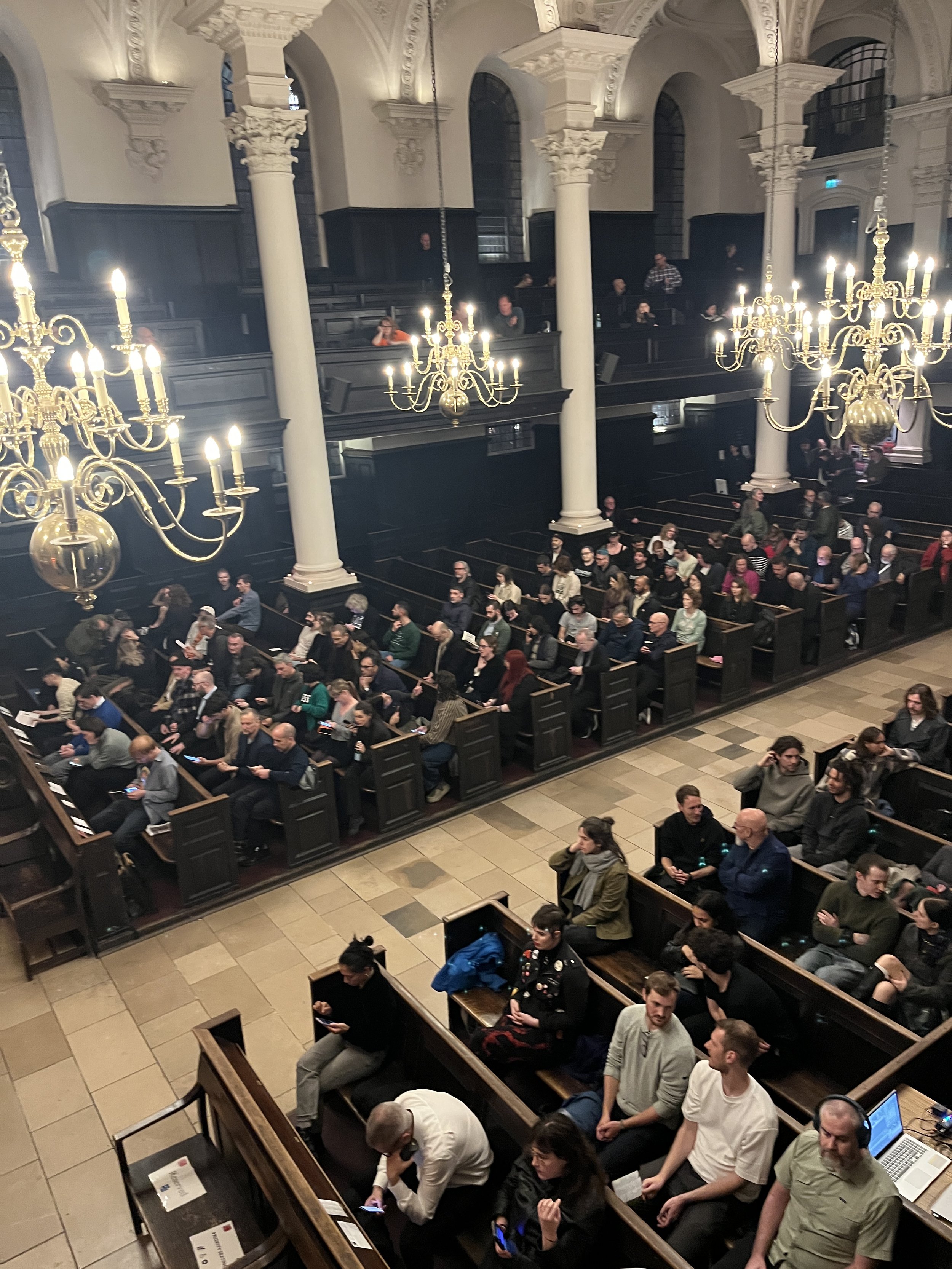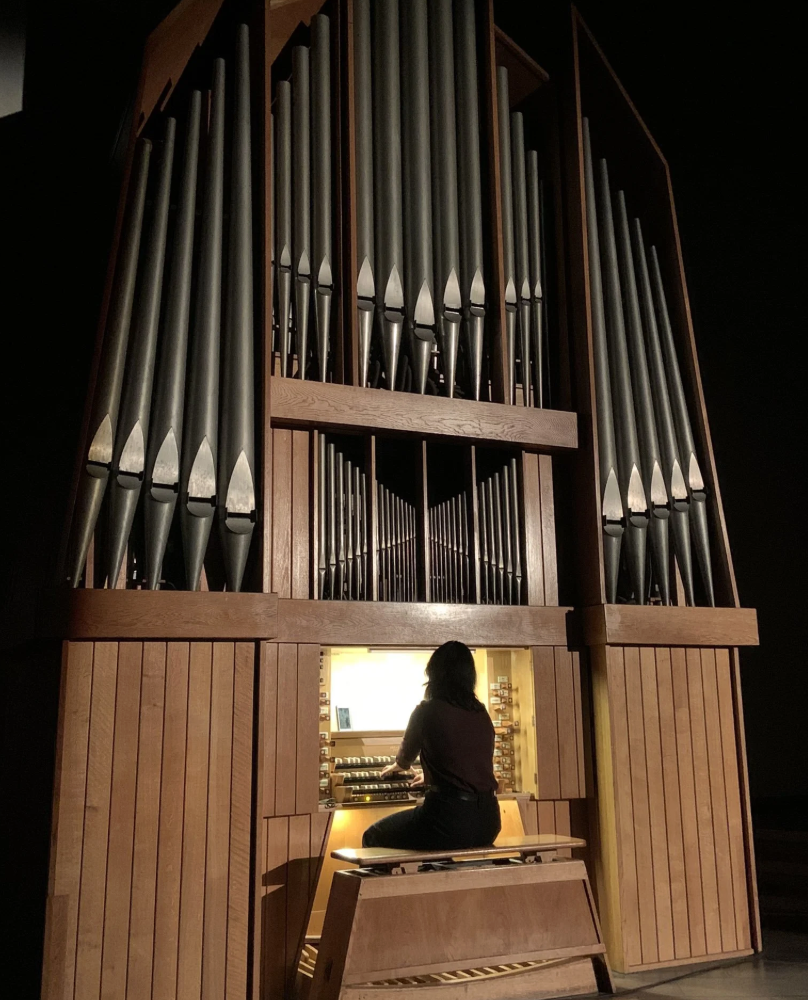
January 2026
Sarah Davachi
Sarah Davachi is a composer and performer whose compositions span both solo and chamber ensemble formats, incorporating a wide range of acoustic and electronic instrumentation. Her work explores space , temporality and psychoacoustics and is informed by minimalist and long-form tenets, early music concepts of intervallic and modal harmony, as well as experimental production practices of the studio environment
Alas Departing - “ I tend to think of some of my vocal music as potentially more accessible - I really like that track , I think it’s very indicative of my music”
St Martin-in-the-Fields in London on October 2, 2025

